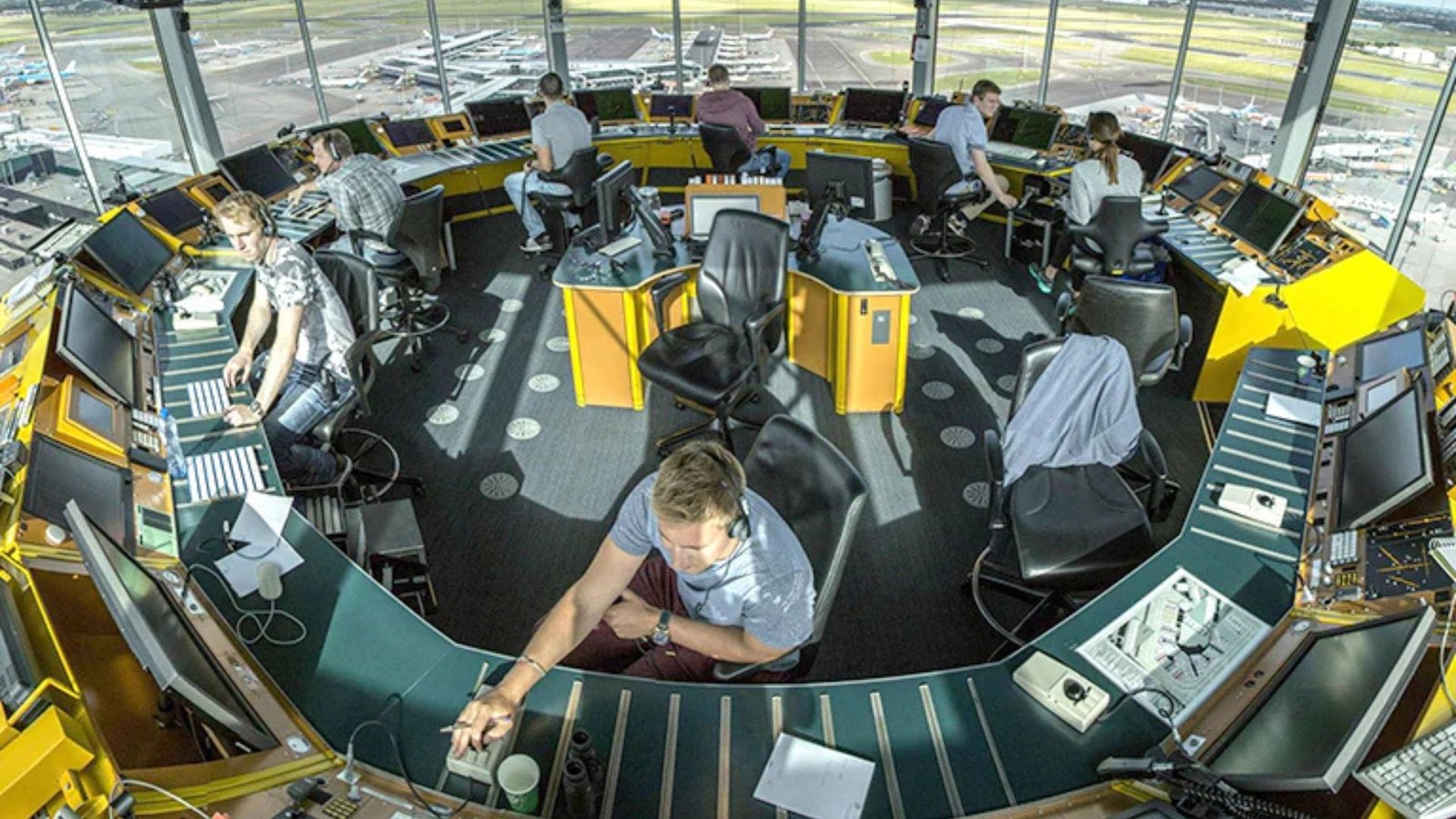Airport hubs are the backbone of global air travel, acting as major connecting points for flights between cities, countries, and continents. These hubs play a vital role in improving connectivity, operational efficiency, and the overall passenger experience. Here’s why airport hubs are so important in the world of aviation.

Enhancing Connectivity
One of the primary functions of an airport hub is to connect passengers to a wide range of destinations.
- Centralized Traffic: Hubs enable airlines to consolidate flights, allowing passengers to travel between multiple cities with fewer layovers. A hub often serves as a central point where connecting flights converge, making it easier for travelers to switch planes and continue their journeys.
- International and Domestic Links: Hubs offer easy connections between domestic flights and international destinations, facilitating global travel and trade. For instance, major hubs like London Heathrow or New York’s JFK connect travelers to virtually every continent.
Efficient Flight Schedules
Airline hubs help optimize flight schedules and improve operational efficiency for airlines.
- Consolidation of Routes: Instead of operating direct flights between every pair of cities, airlines use hubs to concentrate flight routes. This allows for fewer, more frequent flights and helps airlines manage resources more efficiently.
- Maximized Aircraft Utilization: Airlines can maximize aircraft utilization by scheduling flights to and from hubs in a way that minimizes downtime.
- Shorter Connection Times: Hub airports are designed with efficiency in mind, offering shorter connection times for passengers transferring between flights. This streamlining helps reduce delays and speeds up the overall travel process.
Supporting Airline Alliances
Airport hubs play a key role in the success of global airline alliances, which allow airlines to work together and provide a broader network of flights.
- Code-Share Agreements: Airline alliances like Star Alliance or SkyTeam rely heavily on hubs to provide seamless travel between member airlines. Passengers traveling on one airline can easily connect to flights from other partner airlines at hub airports.
Boosting Economic Growth
Airport hubs are vital economic engines for their respective regions, contributing significantly to local economies.
- Job Creation: Large hubs support a vast network of employees, including airline staff, airport personnel, ground crew, security, retail workers, and more. The employment opportunities generated by airport hubs are crucial for local economies.
- Business and Tourism: Hubs facilitate tourism by making it easier for international visitors to travel to different destinations. Additionally, they boost business travel by connecting corporate centers with global cities.
- Cargo and Freight: Hubs are not just about passengers; they are essential for global trade. Major airport hubs handle a large volume of air freight, transporting goods and raw materials across borders and fueling international commerce.
Managing High Traffic Volumes
Airports that function as hubs are designed to handle high volumes of both passengers and aircraft with efficiency.
- Air Traffic Management: Hub airports have advanced air traffic control systems to manage the large number of inbound and outbound flights. They are equipped to handle busy periods, such as peak travel seasons, without causing bottlenecks or significant delays.
- Multiple Runways and Gates: To accommodate the large number of flights, hub airports typically have multiple runways and gates, ensuring they can service a high volume of flights in a short amount of time.
Conclusion
Airport hubs are not just key transit points; they are essential to the global aviation system. By connecting cities and countries, supporting economic growth, enhancing operational efficiency, and improving the passenger experience, hubs ensure that air travel remains seamless, fast, and accessible. Their strategic role in managing air traffic, promoting international trade, and offering a wide range of services makes them indispensable to both the aviation industry and the global economy. Whether you’re traveling for business, leisure, or connecting to another flight, the efficiency and convenience of airport hubs are critical in making global travel possible.









